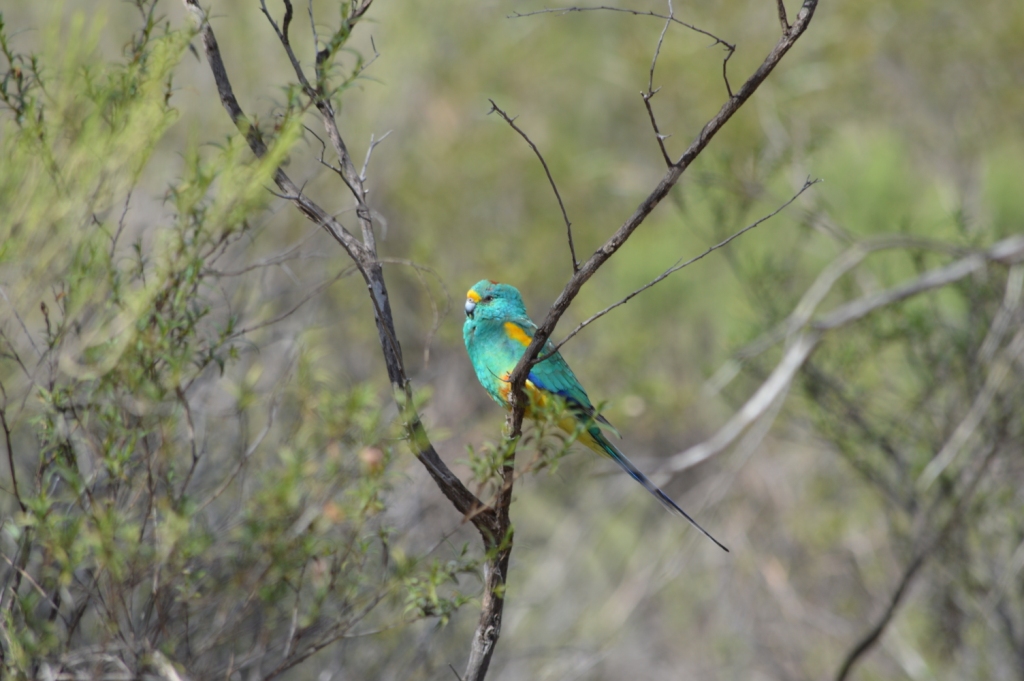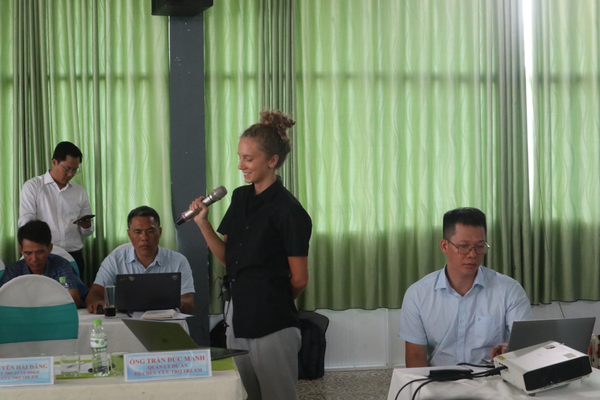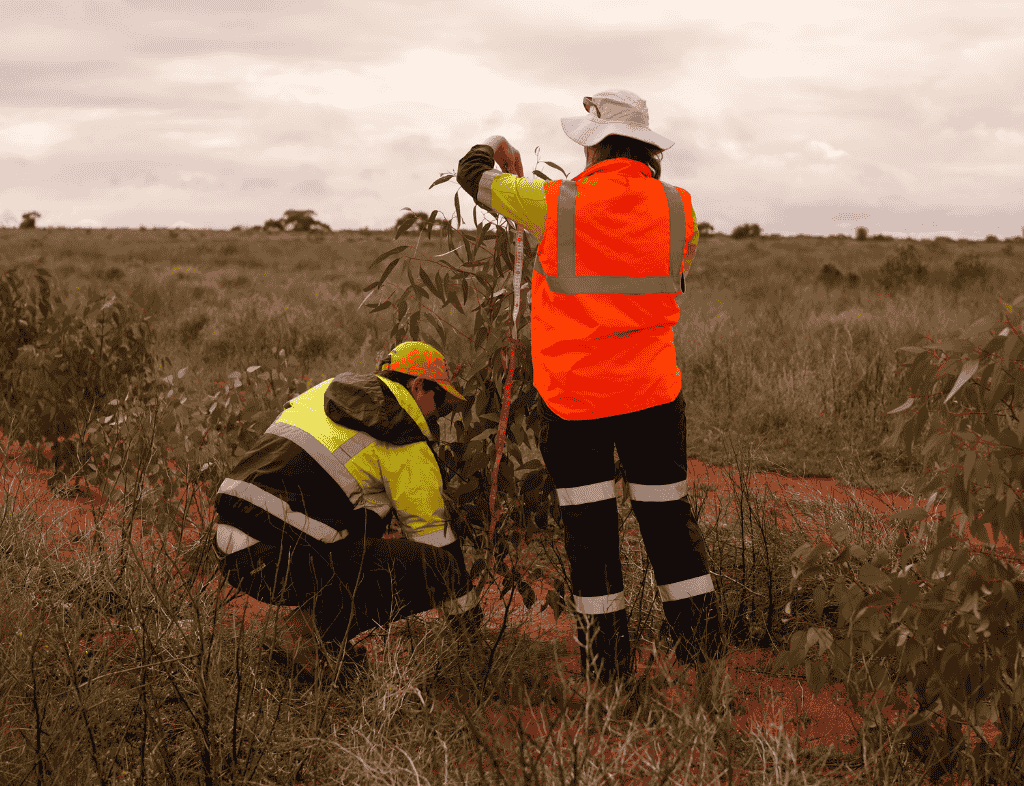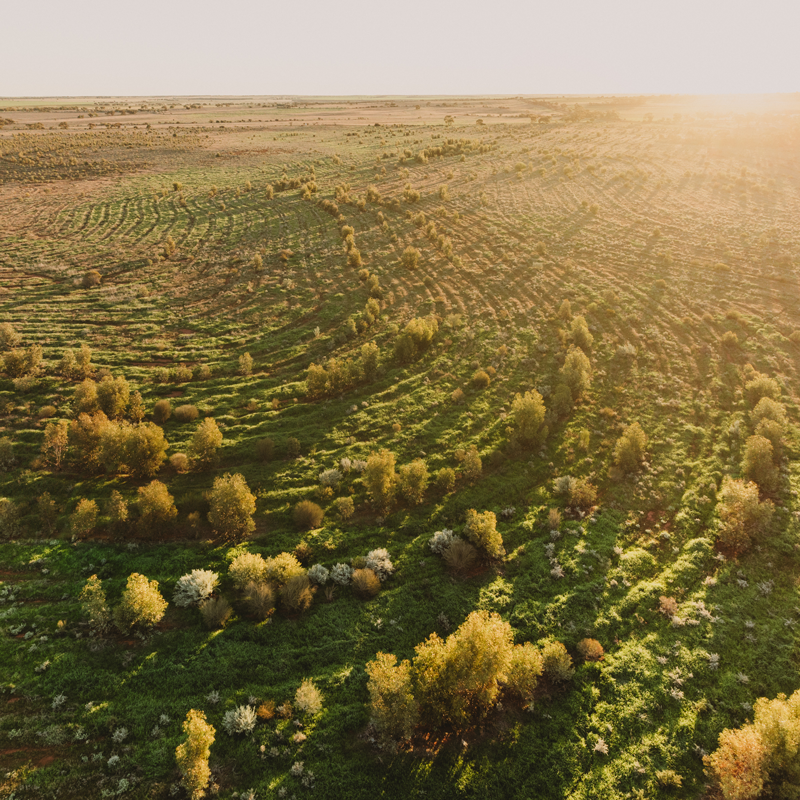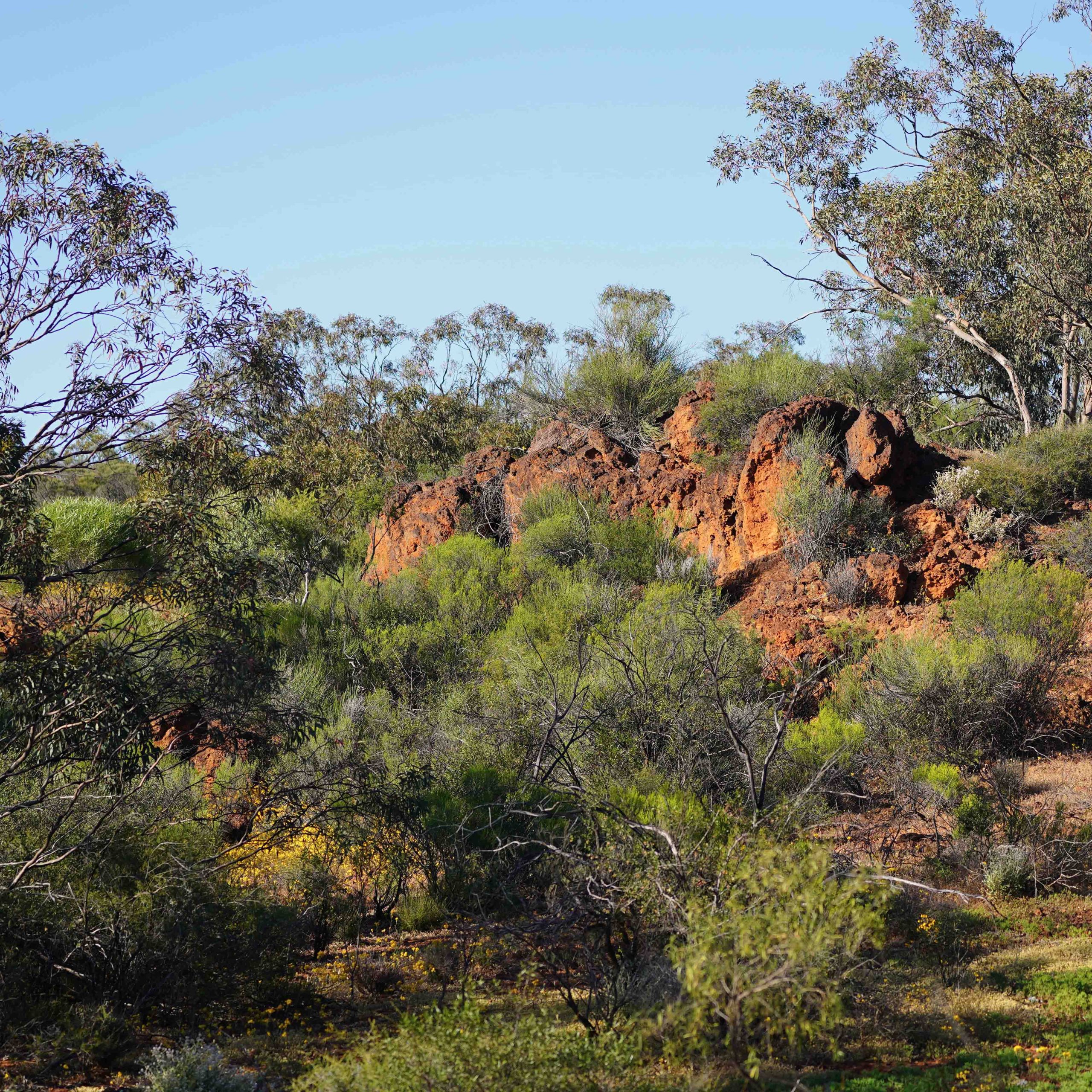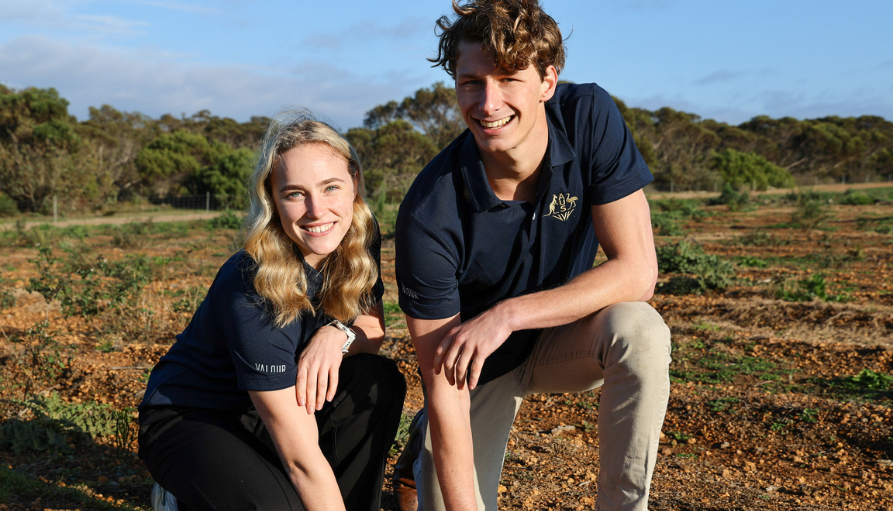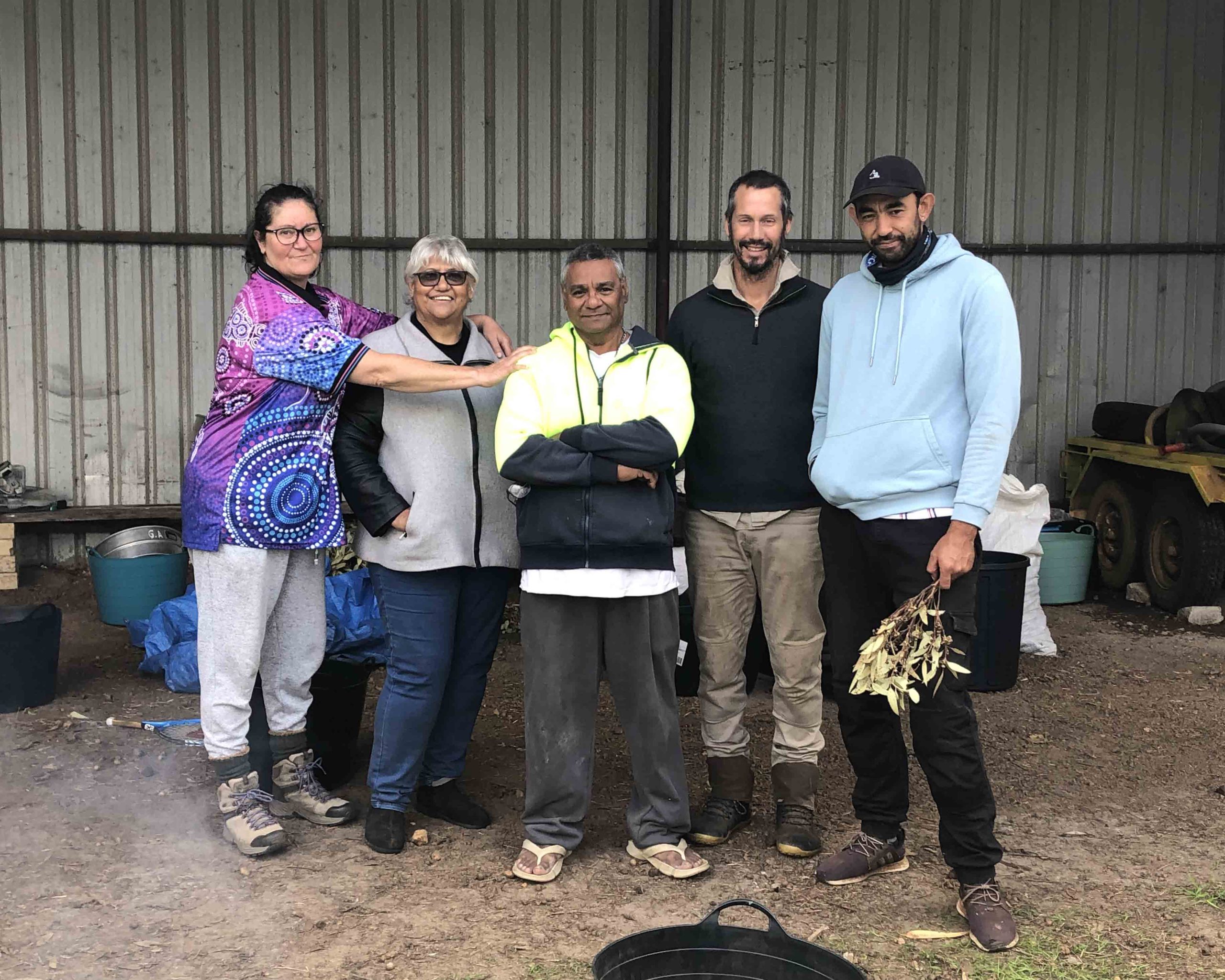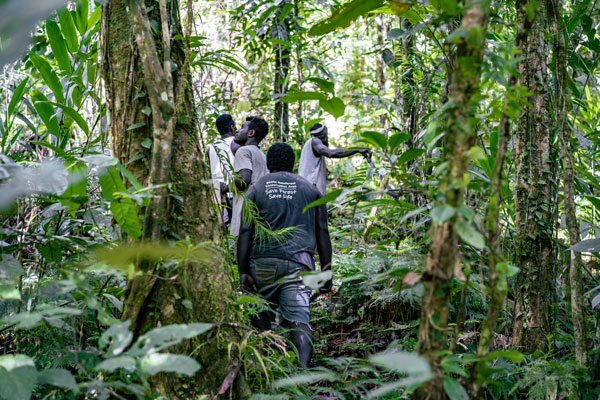Carbon Neutral & Save the Children Partner for Reforestation and Climate Adaptation in Kenya
Carbon Neutral
DateFebruary 2025
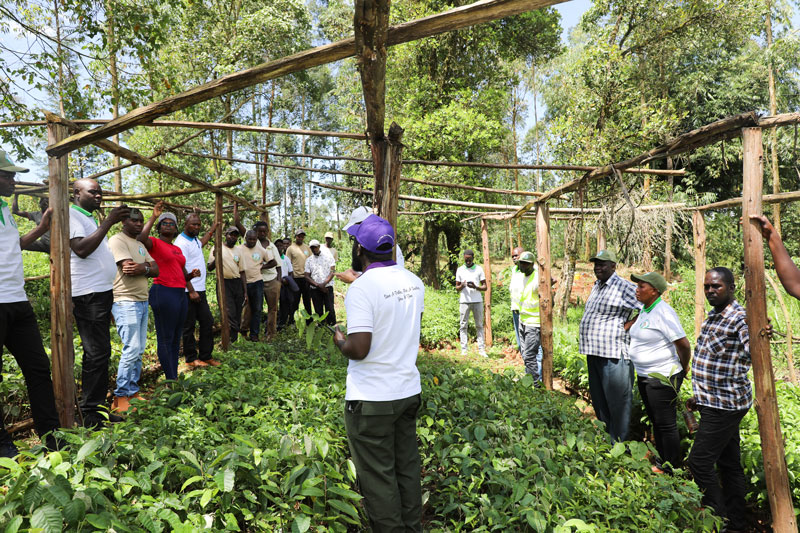
Carbon Neutral is proud to support a groundbreaking new partnership between Save the Children Global Ventures (SCGV) and eight leading UK law firms through Legal Charter 1.5, aiming to drive large-scale reforestation and agroforestry initiatives in Kenya. This collaboration is expected to channel an initial US$5 million over ten years into nature-based solutions that enhance community resilience and support livelihoods impacted by climate change.
With expertise in carbon project development, Carbon Neutral will provide scoping and feasibility services to ensure that reforestation efforts in Kenya’s Nandi region—where child poverty, malnutrition, and food insecurity are high—deliver both climate and social benefits. By restoring degraded landscapes and integrating sustainable agroforestry practices, the initiative will not only capture carbon but also help farmers adapt to changing climate conditions.
By investing in reforestation as a climate adaptation strategy, Carbon Neutral, Save the Children Global Ventures, and its partners are setting a new standard for sustainable development—one that integrates carbon finance with social impact at scale. Learn more about our International Partnership services.
The full media statement is provided below.
Save the Children Global Ventures partners with eight leading law firms to deliver child-focused climate adaptation in vulnerable communities
A groundbreaking new collaboration between Save the Children Global Ventures (SCGV), a foundation focused on finance and technology innovation to transform children’s lives, and eight of the UK’s leading law firms (through Legal Charter 1.5) is projected to see an initial US$5 million invested over 10 years in western Kenya to support livelihoods impacted by climate change.
This is the first time SCGV has used carbon finance to invest in child-focused climate adaptation in vulnerable communities over a long horizon. The partnership will see the law firms provide funding for carefully selected projects that deploy nature-based solutions to improve community resilience.
Climate change is having an adverse impact on children in Save the Children’s core mission areas of education, health and nutrition, and child protection. One billion children live in countries at extreme risk.
It is proposed the initial funding facilitated by the collaboration will be in agroforestry and reforestation in and around the tea-growing areas of the Nandi region in Kenya where child poverty, malnutrition and food insecurity are high, and climate change is impacting farmers.
The law firms taking part are effectively pooling their climate action budgets for greater impact. They include: Freshfields, Clyde & Co, Slaughter and May, DLA Piper, Taylor Wessing, Charles Russell Speechlys and Simmons & Simmons.
As a co-benefit, the scheme will generate high integrity carbon removal credits for the firms funding it (verified and aligned to ICVCM’s approved standards and Core Carbon Principles). By committing to a ten-year funding window, the law firms allow Save the Children to plan a decade ahead, while establishing an ongoing revenue source to support children over the carbon projects’ 30+ year lifetimes.
Save the Children is the world’s largest independent children’s charity, operating in 116 countries. The project creates a replicable template for other law firms, professional services and businesses from other industries to support climate adaptation in priority locations where Save the Children works.
Paul Ronalds, CEO Save the Children Global Ventures, said: “This collaboration opens exciting new opportunities for Save the Children Global Ventures, the eight law firms and other private sector partners to help fill the massive funding gap for climate adaptation – and particularly the gap in child-responsive climate finance.”
Jake Reynolds, Head of Client Sustainability and Environment at Freshfields and Chair of The Legal Charter working group, said: “We have to raise our sights to higher value, longer-term, collaborative initiatives to get anywhere near the scale required to protect communities from climate change, especially those that lack the financial means to adapt.”
Amanda Carpenter, Co-founder of Legal Charter 1.5, said: “Almost all economic activity has an impact on climate and lawyers are involved in much of it, including the governance, financing, contractual and regulatory architectures of business. Law firms can therefore play a vital role in supporting climate transition, both through their advice and the way they role model climate action. This ground-breaking collaboration demonstrates how law firms can support climate transition with new ways of working.”
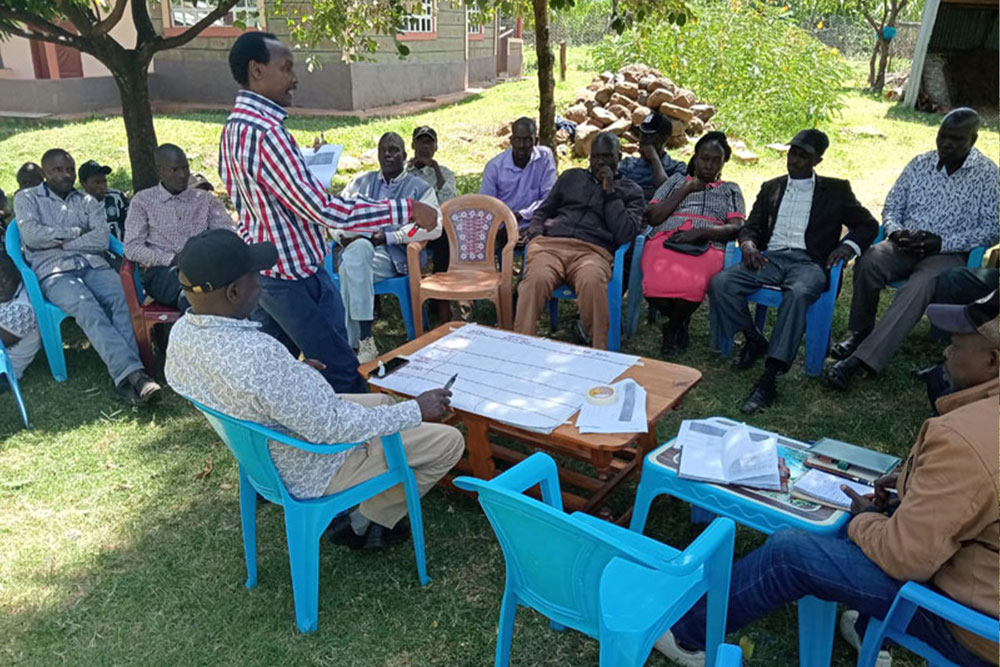
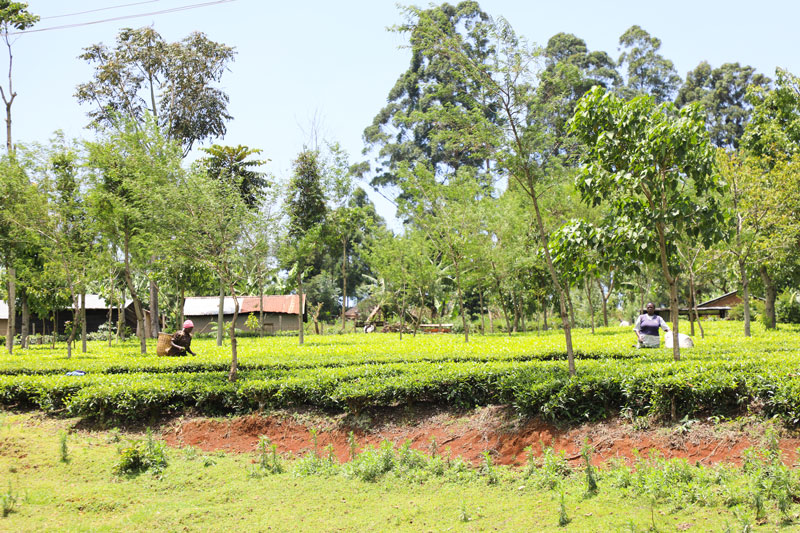
How the programme works:
The programme is being co-designed with local groups in collaboration with the Nandi County government, to introduce more sustainable farming practices, improve access to diverse food and income and address child rights issues in tea value chains.
It will encourage planting of more indigenous trees on farms to protect crops and diversify produce and the restoration of degraded riparian lands and wetlands back to native habitat for local wildlife. Participating farmers will be supported to access national and international markets that offer higher prices. Through improving household resilience, the project aims to reduce children’s exposure to climate shocks, poverty and resulting malnutrition.
Nandi is part of the Mau Forest complex, a critical watershed that feeds Lake Victoria, but has been heavily deforested. Through planting trees, the project will focus on restoring soil health and increasing water retention to benefit local farmers and the watershed. In addition, the trees are projected to sequester more than 20,000 tonnes of carbon dioxide per year.
SCVG has been working with its long-term strategic partner, Carbon Neutral, a values-aligned carbon project developer, to identify projects that strongly marry social benefits for children with climate mitigation. Carbon Neutral is an industry leader with 20+ years of experience in biodiverse reforestation projects. Scoping studies of the Asia-Pacific and Africa have led to a pipeline of projects, including cookstoves in Nepal, mangrove restoration in Vietnam, forest protection in the Solomon Islands and the featured project in Kenya, being prepared for potential investment under the collaboration.
The law firms’ funding will pay for delivery of the programme and the establishment of a community carbon project that will provide revenues over 30 or more years to benefit children. Social benefits will be measured according to Save the Children’s Monitoring, Evaluation, Accountability and Learning (MEAL) approach, with the project underpinned by a triple bottom line of social, environmental and economic resilience. Freshfields’ sustainability team are advising the charity on the legal framework for the collaboration on a pro bono basis.
Explore stories in the world of sustainability, carbon and climate change.

